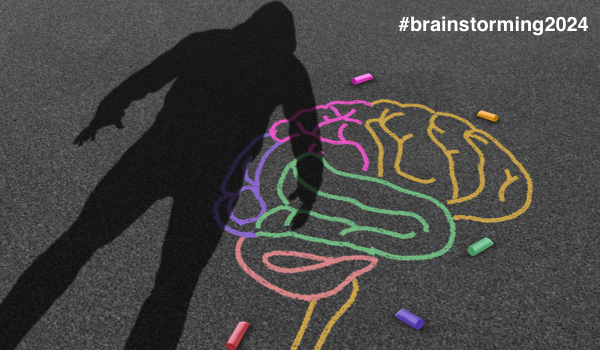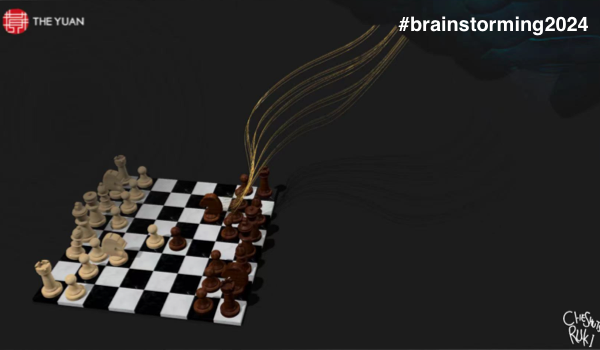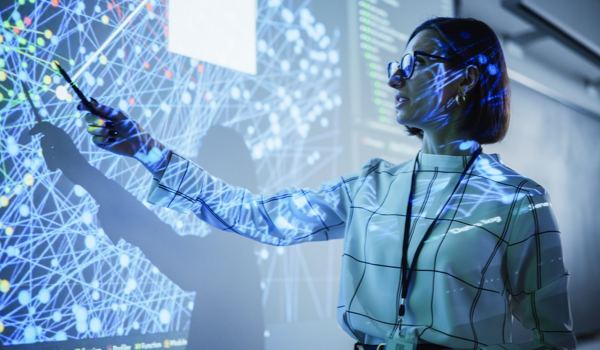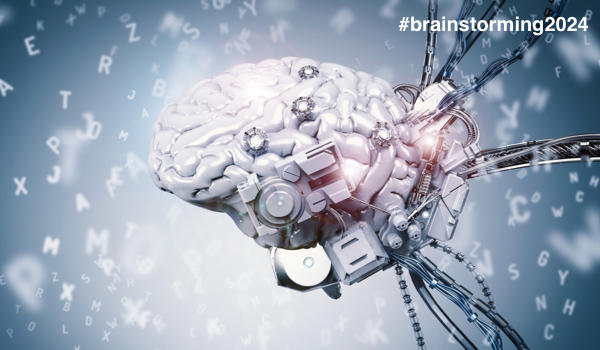


NEW YORK - Severe megathreats are now imperiling the future of humanity - not just people’s jobs, incomes, wealth, and the global economy, but also the relative peace, prosperity, and progress achieved over the past 75 years. Many of these threats were not even on people’s radars during the prosperous post-World War 2 era. I grew up in the Middle East and Europe from the late 1950s to the early 1980s, and never worried about climate change potentially destroying the planet. Most people had barely even heard of the problem, and greenhouse gas emissions were still relatively low compared to the levels they were soon to reach.
Moreover, after the United States-Soviet Union détente and US President Richard Nixon’s visit to China in the early 1970s, I never really worried about another war among great powers, let alone a nuclear one. The term ‘pandemic’ did not register in my consciousness either, because the last major one had been in 1918-1919. I also could not fathom that artificial intelligence (AI) might someday destroy most jobs and render homo sapiens obsolete, because those were the years of the long ‘AI winter.’
Similarly, terms like ‘deglobalization’ and ‘trade war’ had no purchase during this period. Trade liberalization had been in full swing since the Great Depression and would soon lead to the hyper-globalization that began in the 1990s. Debt crises posed no threat because private and public debt-to-gross domestic product ratios were low in advanced economies and emerging markets, and growth was robust. No one had to worry about the massive build-up of implicit debt in the form of unfunded liabilities from pay-as-you-go social security and healthcare systems. The supply of young workers was rising, the share of the elderly was still low, and robust, mostly unrestricted immigration from the Global South to the North would continue to prop up the labor market in advanced economies.
Against this backdrop, econo
The content herein is subject to copyright by Project Syndicate. All rights reserved. The content of the services is owned or licensed to The Yuan. The copying or storing of any content for anything other than personal use is expressly prohibited without prior written permission from The Yuan, or the copyright holder identified in the copyright notice contained in the content. Continue with Linkedin
Continue with Linkedin
 Continue with Google
Continue with Google










 558 views
558 views







